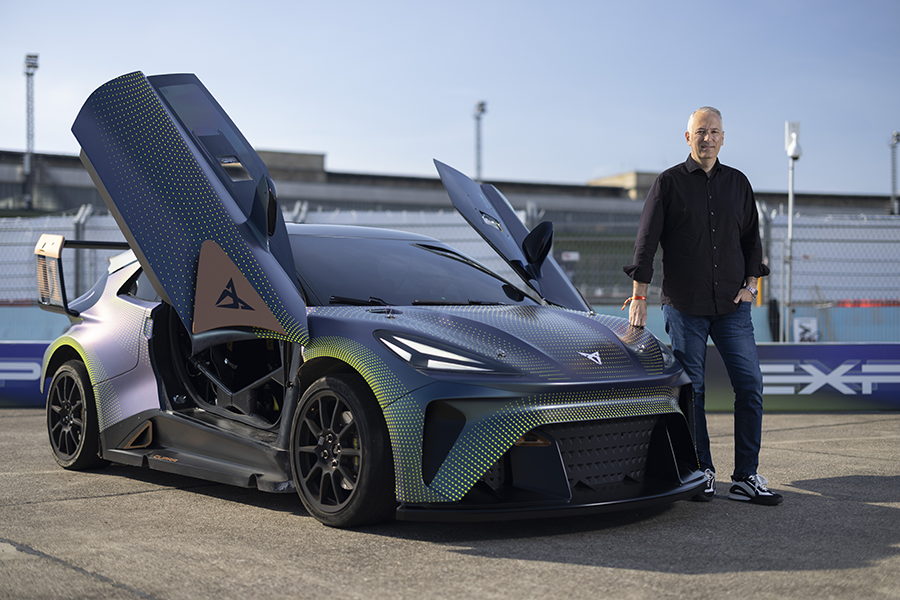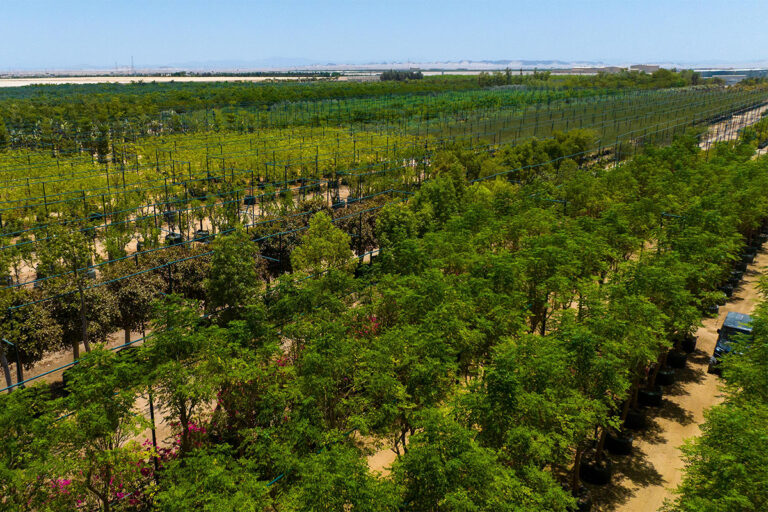
When the first CUPRAs rolled out of the Martorell factory of SEAT S.A. outside Barcelona in 2018, few people in the car industry paid much attention. At a time when hype about autonomous vehicles was at its greatest, it seemed eccentric to launch a new challenger brand dedicated to high performance, good looks and the sheer excitement of driving.
Five years on, CUPRA has sold more than 400,000 cars and is one of the fastest-growing brands in Europe. With their distinctive designs and sporty performance, models such as the Formentor and the fully electric Born have won CUPRA a worldwide army of admirers from the UK to Australia, and from Mexico to Turkey.
Yet CUPRA’s ambitions do not stop there. Markus Haupt, SEAT S.A.’s logistics and production chief, is helping mastermind the second stage of CUPRA’s growth and position the performance brand for the all-electric future.
“People thought we were crazy when we launched, but now other companies are trying to imitate our success,” says Haupt. “We now need to work even harder to stay on the growth path and achieve our medium-term ambition of selling 500,000 cars every year. This is just the beginning for CUPRA.”
“CUPRA is all about emotion. Our cars are designed for people who love to drive.”
Markus Haupt, Executive Vice-President Production and Logistics, SEAT, S.A.
In the last three years, CUPRA has navigated a global pandemic, a worldwide shortage of semiconductors and a European war that has severely disrupted the shipping and trucking industries that carmakers rely on to transport their vehicles.
Now Haupt is setting his sights on a transformation which will be every bit as challenging. A Europe-wide ban on new sales of cars with internal combustion engines will come into force in 2035. While continuing to produce cars with combustion and hybrid engines, CUPRA is preparing to launch radically designed electric models that replicate all the excitement, emotion and magnetism of traditional high-performance vehicles.
“We want to be flexible, so we will make cars which use different powertrain technologies,” says Haupt. “At the same time, we will not lose sight of our vision of the long-term electric future.”
The standard-bearer for the carmaker’s electric vehicle offensive is the CUPRA Raval. Named after Barcelona’s vibrant El Raval neighborhood, this high-performance urban electric car will be manufactured in Martorell and hit the market in 2025. Based on the UrbanRebel concept car, the CUPRA Raval is designed to embody the eye-catching aesthetics and rebellious spirit that drivers have come to expect from CUPRA.

“The success of the CUPRA brand is based above all on emotion,” says Haupt. “It is emotion which attracts our customers to CUPRA.”
Across all areas of the business, CUPRA and parent company SEAT S.A. are transforming themselves for the age of electrification and digitalization. New machinery and robots are being installed to produce electric vehicles, while a huge training program is providing workers with more than 63,000 total hours of training in 2023 alone.
Haupt says that in the coming years staff will receive more than 340,000 hours of training. That will provide them with all the skills they need to manufacture electric cars safely and make the most of the latest innovations from artificial intelligence in the production and maintenance of the new vehicles.
Training in company culture is another key part of the transformation program. Hierarchy, bureaucracy and silos are out, replaced by a focus on delivery, results and enhanced coordination across all areas.
“We want to be bolder, to develop products faster and to challenge even more,” Haupt says. “At CUPRA, attitude is everything.”![]()
As published in TIME magazine









